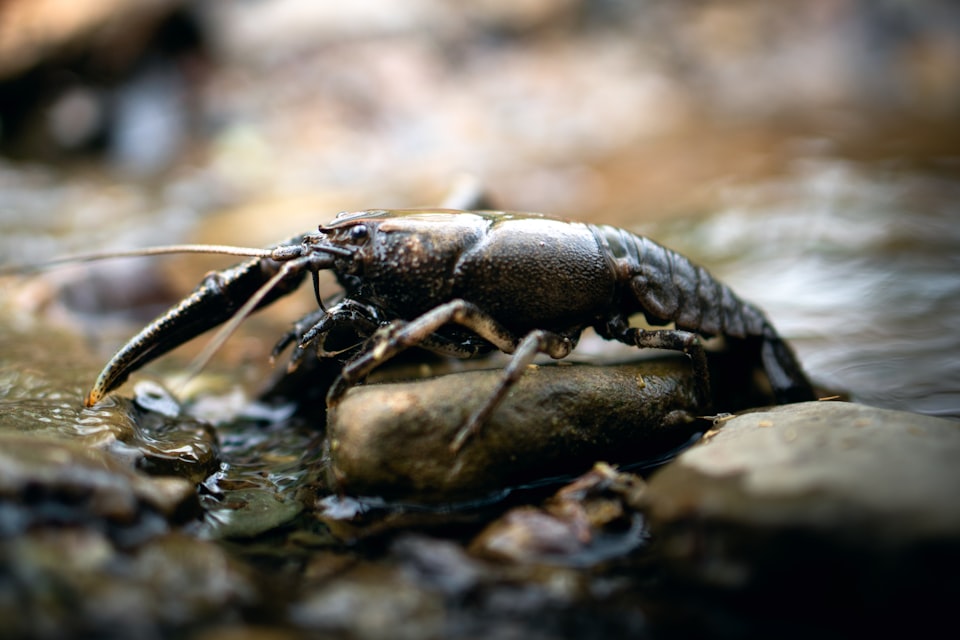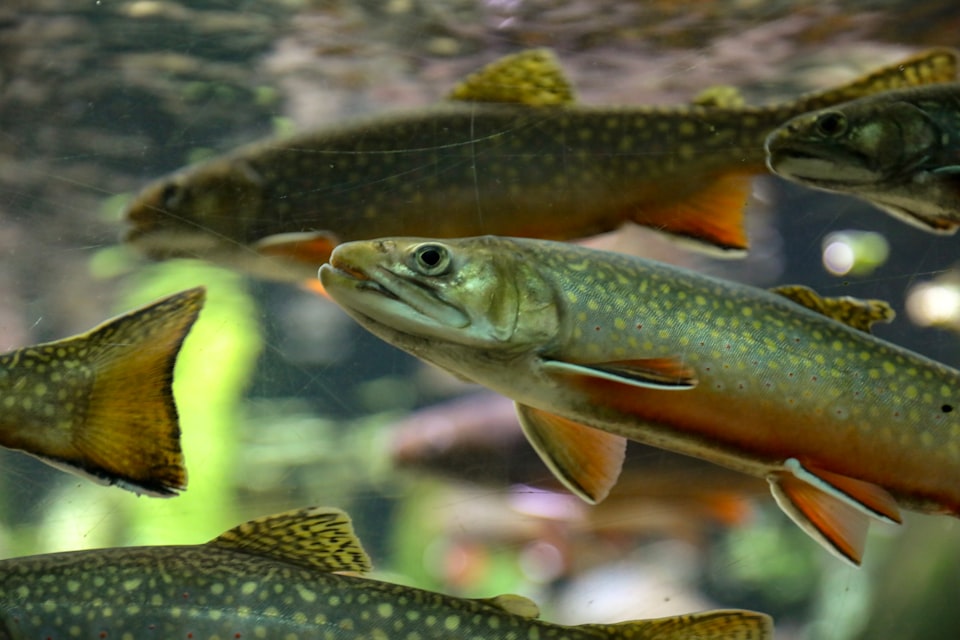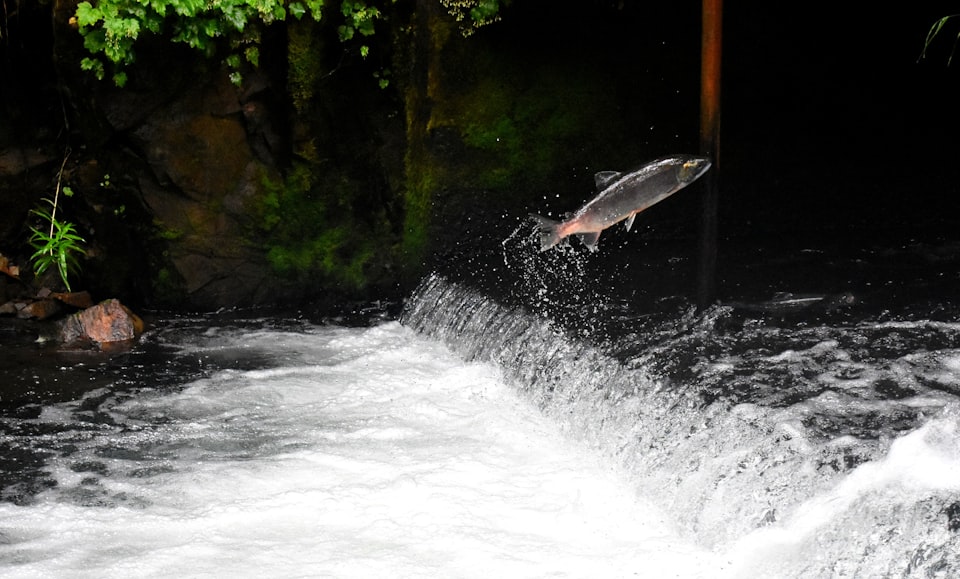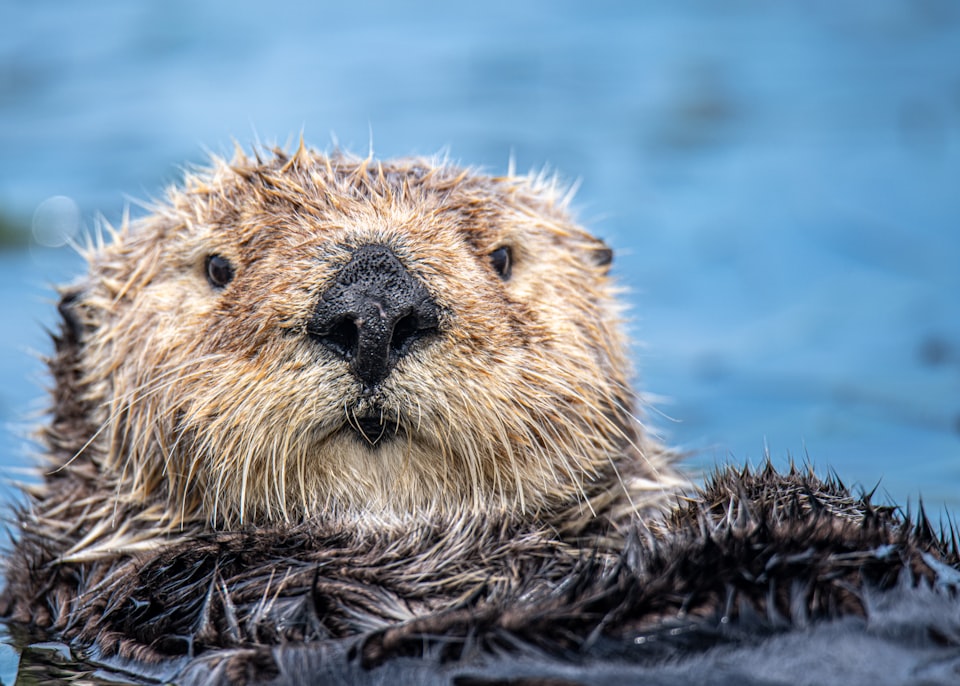V: Pheasant
Jason and the Argonauts were scared of pheasants.
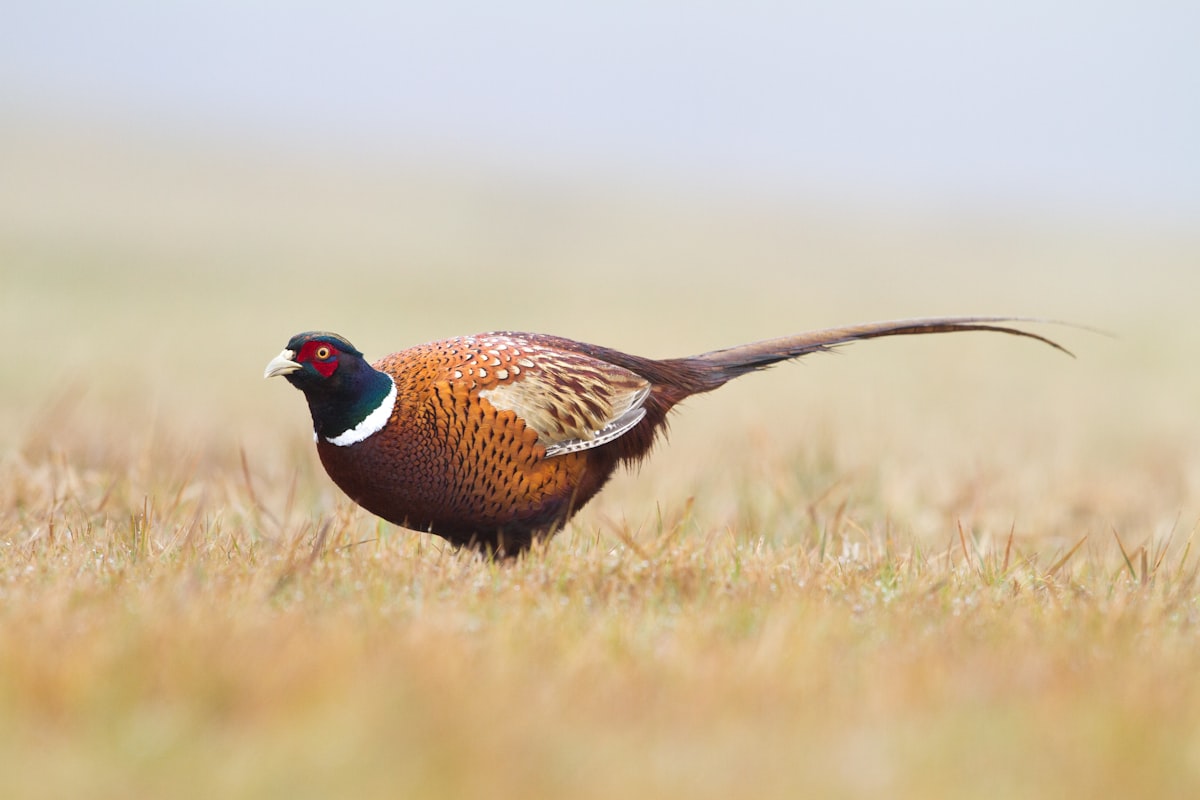
Good morning. Today is quintidi, the 25th of Brumaire, Year CCXXXI. We celebrate le faisan, for those who like their chicken a little wilder.
At some point, many thousands of years ago, the Greeks went sailing around to anywhere they could safely reach. The exploits of those sailors were captured in an oral tradition that slid into myth, and one of the most enduring myths was that of the Argonauts who, at the command of Jason, sought the golden fleece.
Along the way, on an island in the Euxian Sea, the Argonauts encounter Stymphalian birds. These were birds once defeated by Heracles as part of his famous labors, and they are vicious. Their beaks were made of copper and their brightly colored feathers made of razor-sharp metal. Their dung was poisonous.
We have no way of knowing things for certain about what took place 4,000 years ago, but given the archaeological evidence, and the fact that Jason was heading to Colchis to get the fleece, it's fairly certain that the birds the Argonauts encountered were pheasants.
